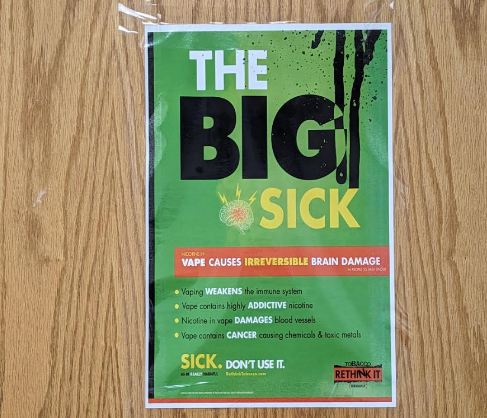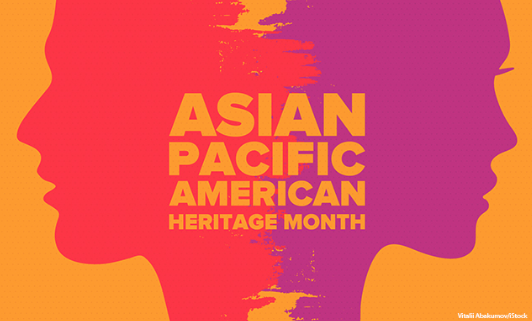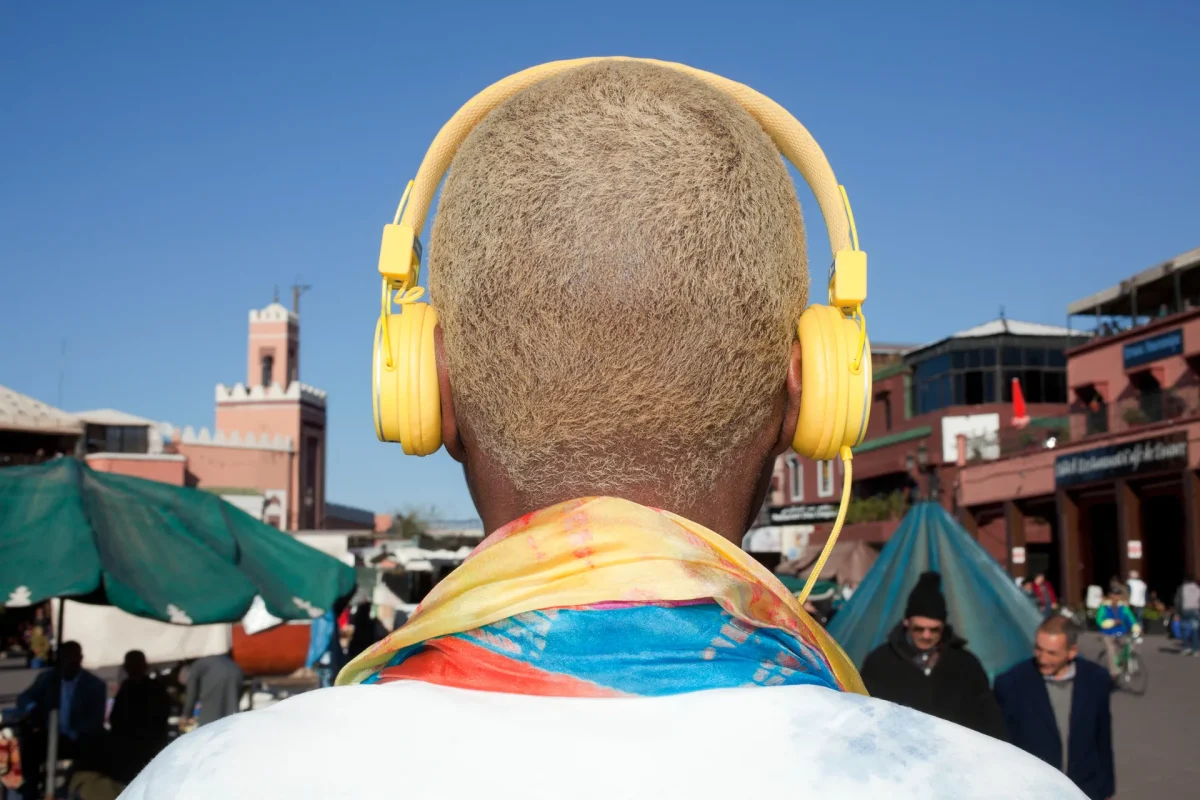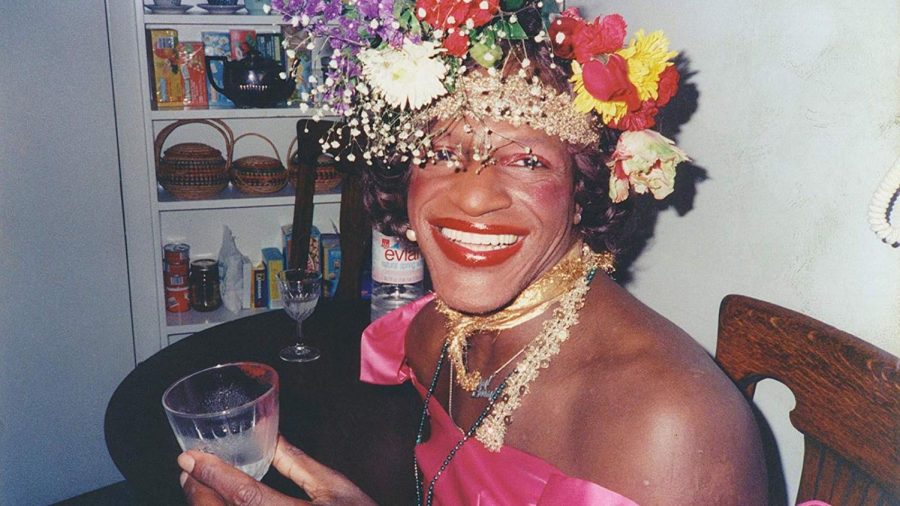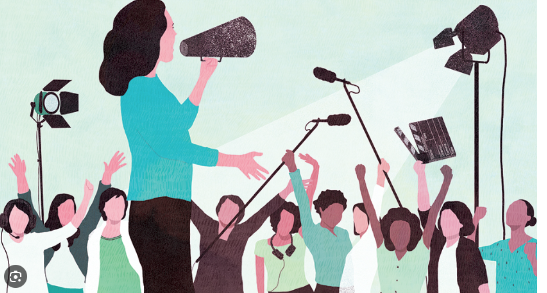Women’s History Month: Marsha P. Johnson
Since its creation in 1987, Women’s History Month has been used as a way to highlight some of the most influential women throughout history. However, too often we fail to recognize the achievements and influence of trans women.
Trans women have fought for decades to achieve the same rights and acceptance as cisgender people and one of the most crucial voices in this fight was that of Marsha P. Johnson.
Activist, performer, and drag queen, Johnson lived her truth in every sense of the word and fought for others to be able to do the same. Born in Elizabeth, New Jersey in 1945, Johnson did not grow up in an era of acceptance. Despite being assigned male at birth, Johnson began wearing dresses at five. Though she felt comfortable wearing girls’ clothing, she stopped wearing them after being sexually assaulted by a boy.
After graduating high school and moving to New York City, Marsha resumed wearing female clothing and fully embraced her identity as a woman. She began to use she/her pronouns exclusively and started going by the name Marsha P. Johnson, the “P” standing for “Pay It No Mind.”
Marsha’s life in New York was extremely difficult. With laws against same-sex couples and cross-dressing making it difficult to find work, Johnson turned to sex work to make ends meet. Sex work often put Marsha in dangerous positions. She consistently dealt with violent customers and was once shot.
Johnson’s biggest call to action when it came to being an activist, was her presence at the Stonewall Inn when police raided it on June 28, 1969. Police officers in plain clothes charged into the gay bar, arresting patrons for violating anti-LGBTQ laws. Following this night, what is now known as the Stonewall Uprising began, and Marsha found herself at the front lines.
Working with other trans women of color such as Sylvia Rivera, Johnson organized protests of all kinds to support people in the LGBTQ community. Johnson and Rivera also used their influence to put a spotlight on people of color in the community, who were often overlooked.
Johnson and Rivera went on to found the Street Transvestite Action Revolutionaries (STAR) which aimed to give shelter to transgender people who were put out by their families. Though Marsha herself struggled financially, she was often seen giving out food and clothes to those who needed it. Al Michaels shares that Johnson “liberated the neighborhood.”
Even when Johnson was diagnosed with HIV, she used it as an opportunity to spread awareness about the illness as well as clear up misconceptions about it that hurt the community.
On July 6, 1992, Marsha’s body was found in the Hudson River. Many question whether her death was actually a suicide or if it was foul play.
After her death, Marsha left a legacy that will not be forgotten. Her “Pay It No Mind” attitude empowered LGBTQ people all over the country and her work to give trans people shelter as well as fight anti-LGBTQ laws made a lasting impact on our culture.
Johnson once said, “Darling, I want my gay rights now. I think it’s about time the gay brothers and sisters got their rights… especially the women.” Johnson is not only a crucial figure in LGBTQ history but Women’s history as well, and her work should be remembered each year during women’s history month.

